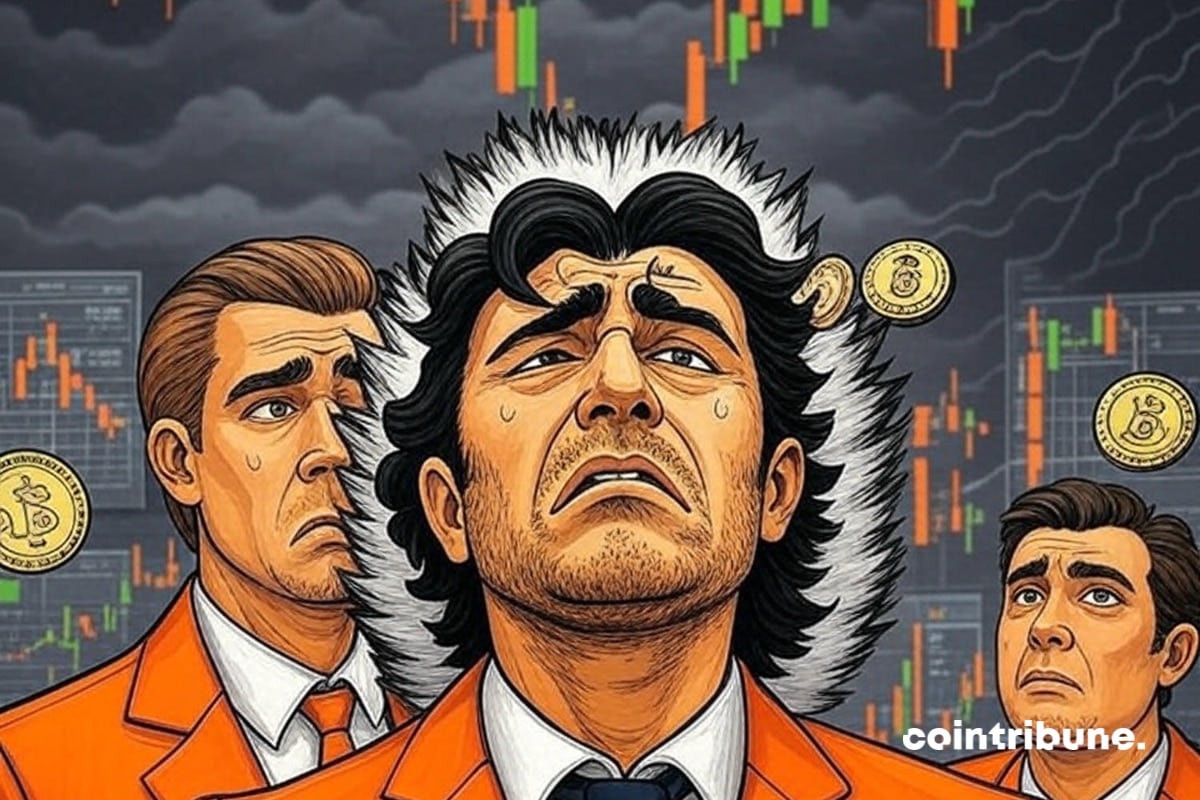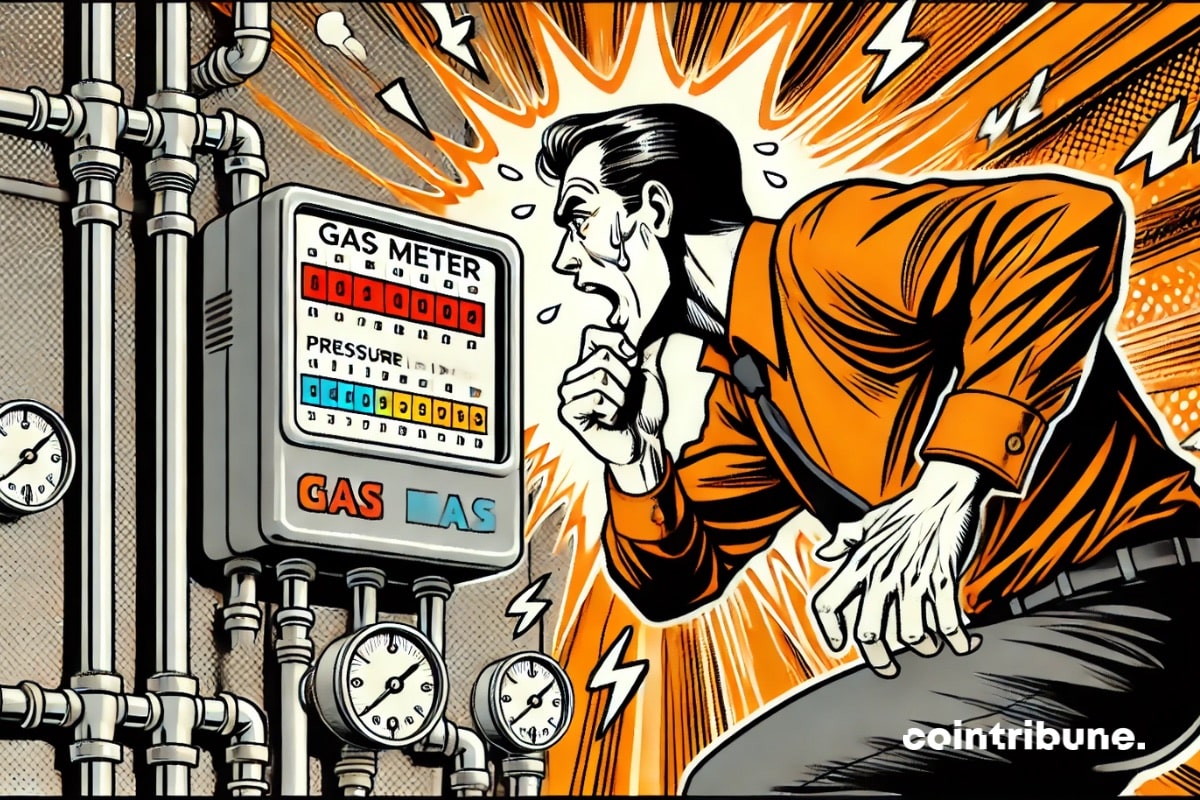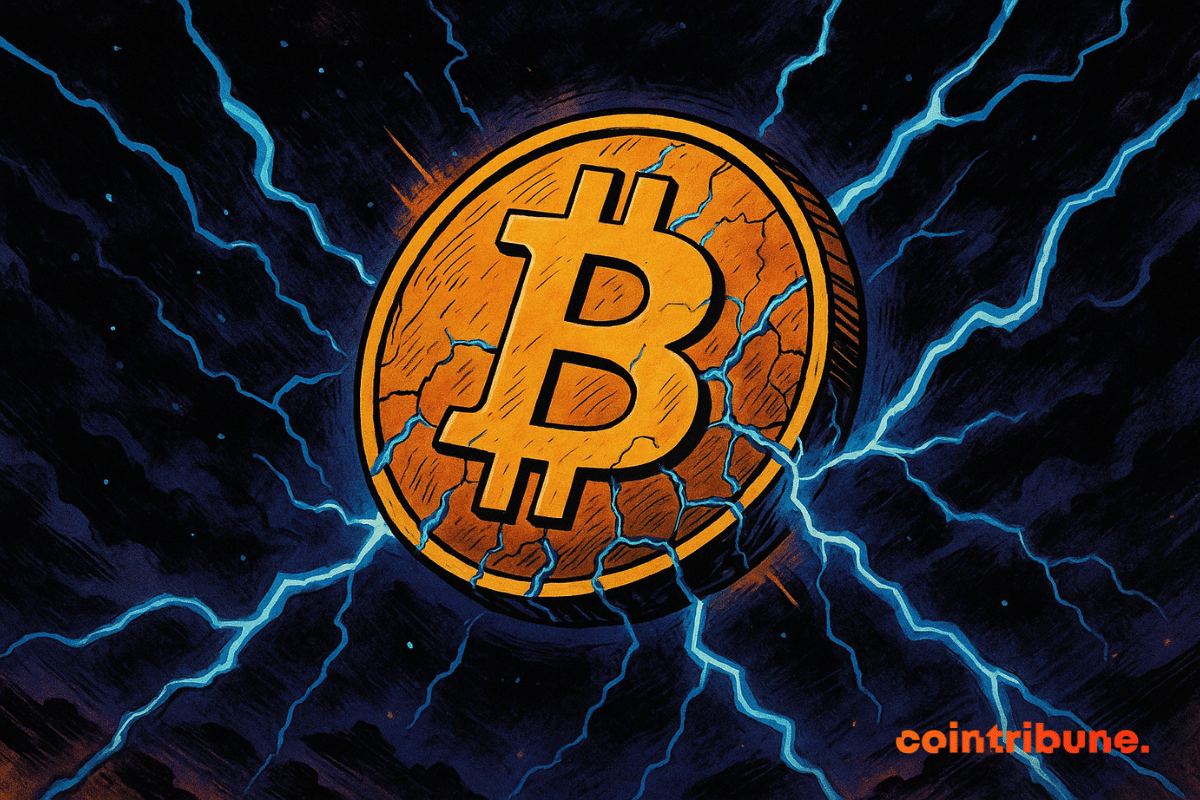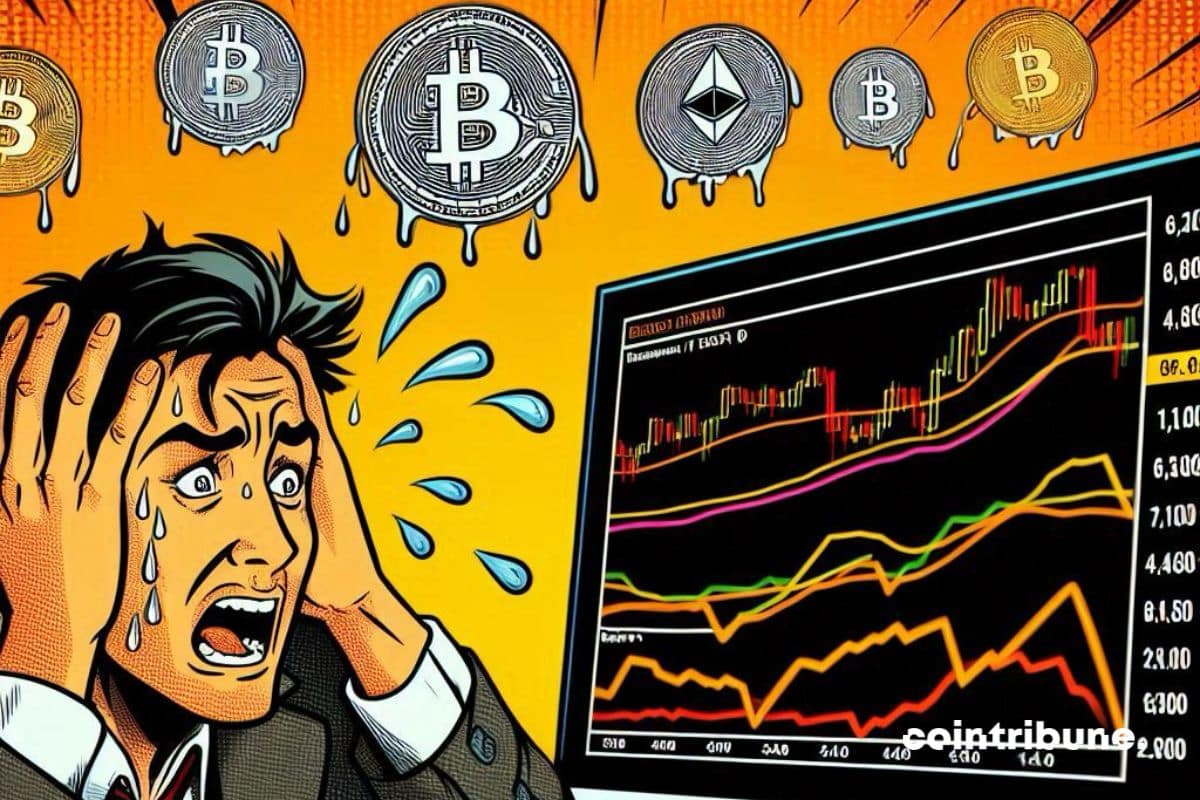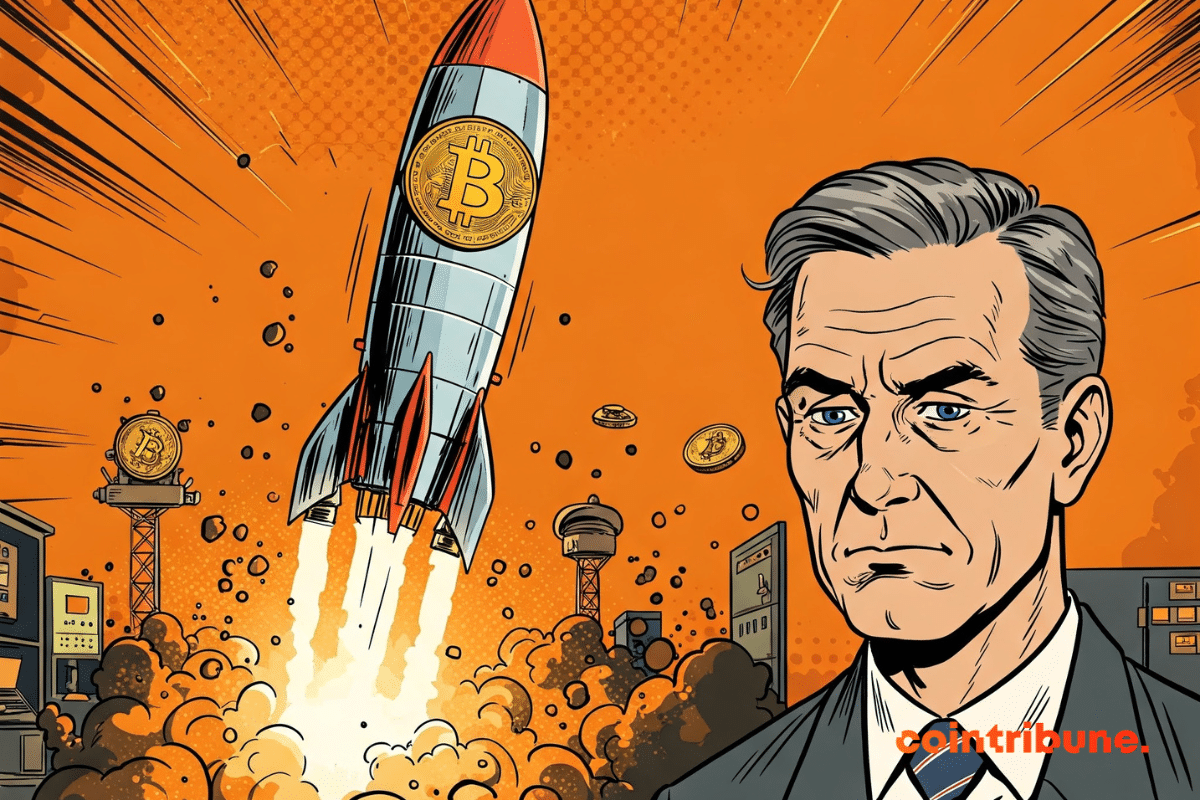The crypto market is facing a harsh reality for investors who bet on locked tokens. According to recent data, between May 2024 and April 2025, these investors recorded an average loss of 50% compared to over-the-counter (OTC) valuations, exacerbating distrust towards new projects.
Archive 2025
While Ripple builds a discreet empire, Ethereum hesitates. Solana warns: the unreplicable success of XRP is not a playbook, but a market accident.
As Ethereum goes through a period of economic weakness, two members of its community, Kevin Owocki and Devansh Mehta, have just proposed an innovative reform to invigorate its application ecosystem. Their idea: to introduce a dynamic fee structure aimed at better balancing developers' revenues and fairness for users.
The mystery surrounding Satoshi Nakamoto, the creator of bitcoin, continues to fascinate. In a recent interview with Turkish influencers, Changpeng Zhao, former CEO of Binance, put forward a rather unexpected hypothesis: Satoshi Nakamoto could be… an AI (artificial intelligence) from the future.
Under the pressure of sluggish growth and enduring geopolitical instability, the government is implementing an unprecedented austerity measure. By official decree, 3.1 billion euros in credits are being canceled for 2025, indicating a determined budgetary reorientation. The objective is to maintain the course of restoring public finances in the face of a weakened economic context. The cuts will severely impact key sectors such as ecology, the economy, and research, revealing the priorities of a public management that is now under strain.
In a rapidly changing financial market, the boundary between traditional finance and cryptocurrencies continues to blur. The latest milestone is the launch in Brazil of the first XRP-backed ETF, initiated by Hashdex. This initiative provides investors with regulated access to one of the most traded cryptocurrencies in the world, thereby reinforcing Brazil's position as a driver of crypto innovation in Latin America.
Michael Saylor, co-founder of MicroStrategy, posted a cryptic message on social media suggesting an imminent investment in bitcoin, a week after already acquiring 555 million dollars worth of BTC. This announcement comes against a backdrop of major investors ramping up their acquisitions despite a price close to 94,000 dollars.
The quantum computer will pose a big dilemma. What to do with Satoshi Nakamoto's bitcoins and other lost millions of BTC?
The cryptocurrency market is holding its breath this week. Bitcoin is struggling under a critical resistance, Ethereum is showing signs of fatigue, and XRP is gaining momentum... As volatility increases, every movement counts. Discover our strategic forecasts to anticipate the next major maneuvers on these three major assets.
Since its creation, Bitcoin has nurtured the ambition of a global monetary revolution, as the queen of cryptocurrencies fluctuates between spectacular surges and brutal falls. While the symbolic threshold of 100,000 dollars seemed within reach, several recent signals dampen that enthusiasm. Between technical fragilities and macroeconomic instabilities, the current dynamics call for caution. In a market increasingly sensitive to the slightest tremors, it is more essential than ever to read between the lines to understand the true forces at work.
